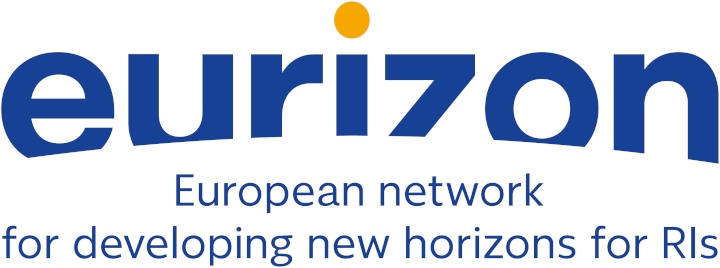Welcome to the EURIZON detector school 2023!
https://indico.cern.ch/e/EURIZONdetschool
Venue: the University of Wuppertal, Germany
The school for young scientists on particle detector technologies, initially planned to take place in Kutaisi, Georgia, will take place at the University of Wuppertal, Germany, on July 17-28, 2023. The school is organized in the framework of the EURIZON project supported by the European Union's Horizon 2020 research and innovation programme. The working language of the school is English.
The deadline for student applications (April 11th) has passed.
About the European network for developing new horizons
for research infrastructures EURIZON:
https://www.eurizon-project.eu/
International organizing committee
Lucie Linssen, Eva Sicking (CERN); Simon Spannagel (DESY); Francesco Piscitelli (ESS); Jürgen Eschke, Irakli Keshelashvili, Christian J. Schmidt (GSI); Marcello Abbrescia, Nicola De Filippis (INFN-Bari), Gianluigi Cibinetto (INFN-Ferrara), Gianni Bencivenni (INFN-Frascati), Margherita Primavera (INFN-Lecce); Michael Düren, Marc Strickert (JLU Giessen); Mustafa Schmidt, Christian Zeitnitz (Univ. Wuppertal).
Local organizing committee
Mustafa Schmidt, Christian Zeitnitz, Wolfgang Wagner, Christian Pauly, Katerina Lipka (DESY/Wuppertal), Tobias Flick, Daniela Schulz.


